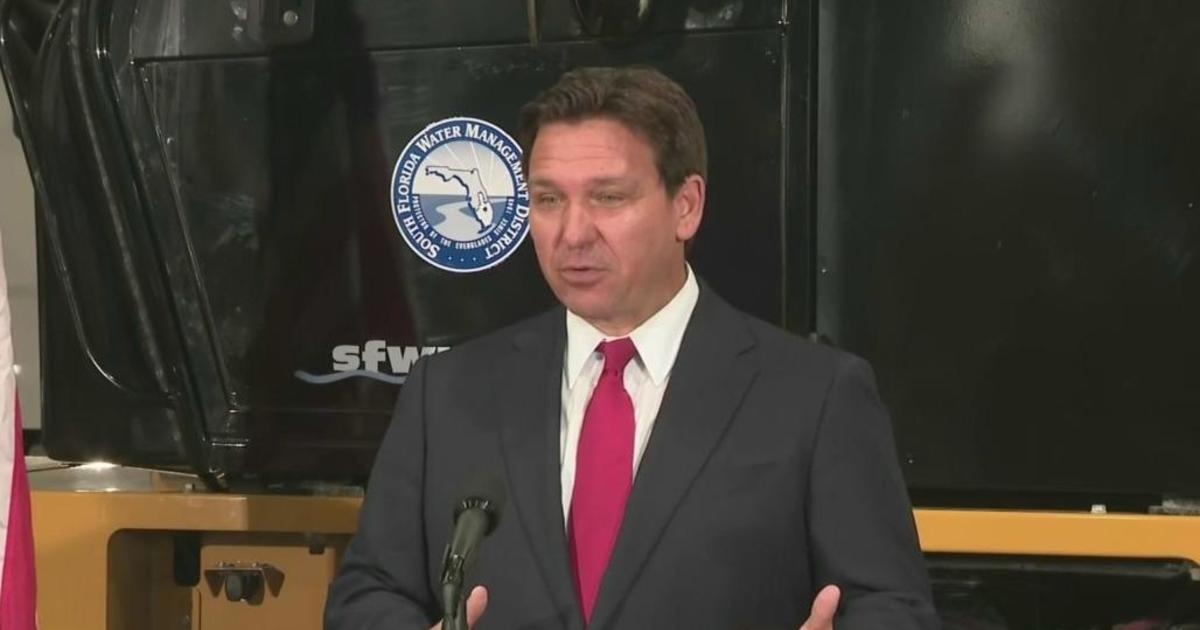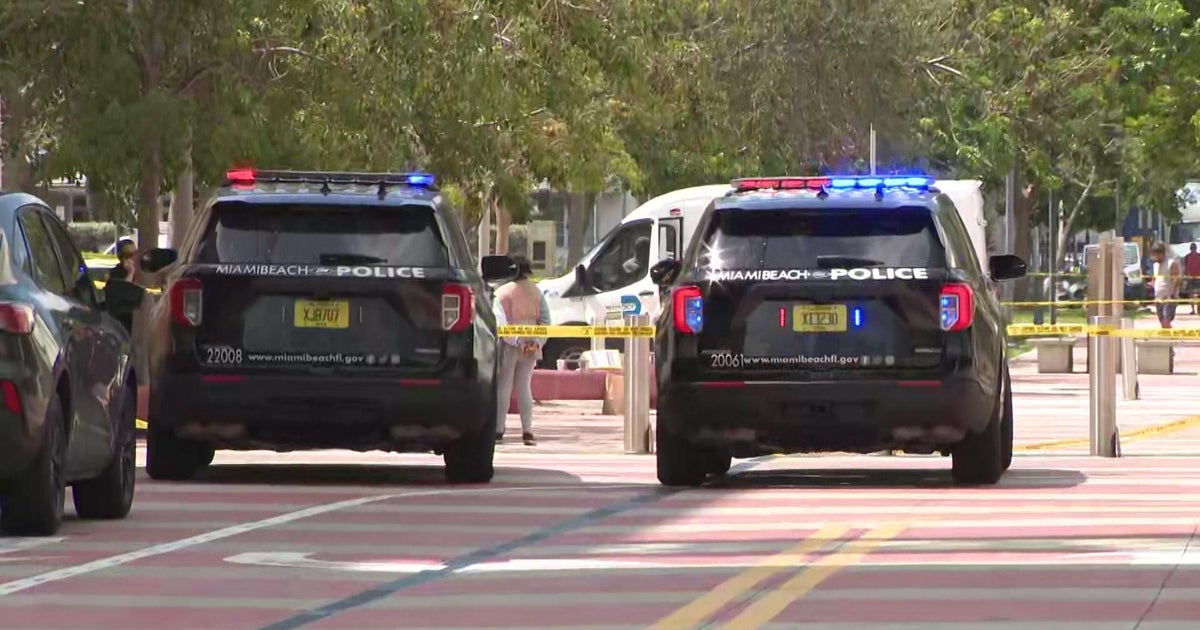Senate Committee Backs Away From Prepaid Tuition Closure
TALLAHASSEE (CBS4) -- Senate budget writers appear to be backing off a recent budget suggestion that would have prohibited new enrollment in Florida's popular Prepaid College tuition program.
Sen. Evelyn Lynn, R-Ormond Beach, chairman of the Senate Subcommittee on Higher Education Appropriations, said Monday she only wanted to give the state some "breathing room" when she pitched a controversial proposal last week to close the Florida Prepaid College program to new participants. She said she was concerned that the state was the guarantor of the prepaid tuition plans that are promised to millions of Floridians. She called the program a huge liability.
On Monday however, Florida Prepaid College Plans responded to questions from lawmakers on how the prepaid program works and whether it was financially sound.
Lynn said Monday in the face of increased costs she wanted to "make sure our constituents understand exactly what it is they are buying."
But Sen. John Thrasher, R-St. Augustine, who serves on Lynn's committee, said he didn't support suspending the program for even a year.
"Based on evidence before us that says the fund is actuarially sound, I don't see the purpose of discussing this point or the value of postponing it for a year. I think the program is working pretty well," said Thrasher.
The proposal had an uncertain future because the House of Representatives is not considering putting a hold on new enrollment to prepaid tuition plans in its budget.
The program is the nation's largest and has sold more than 1.4 million plans since 1988, letting parents lock in current tuition and fees for their future students. Nearly 20 percent of undergraduate students at Florida universities have a prepaid college plan.
Lynn said she wanted to highlight some confusion over what the plan covers and explore the state's role in guaranteeing the contracts.
Universities are eating the costs of the so-called tuition "differential" for prepaid contracts purchased before 2007. The differential is a supplemental increase universities can charge students on top of any base tuition increases approved by the Legislature, as long as the combined increase doesn't exceed 15 percent. Since 2007, families have had the option of purchasing tuition differential contracts to cover that cost.
The News Service of Florida contributed to this report.



